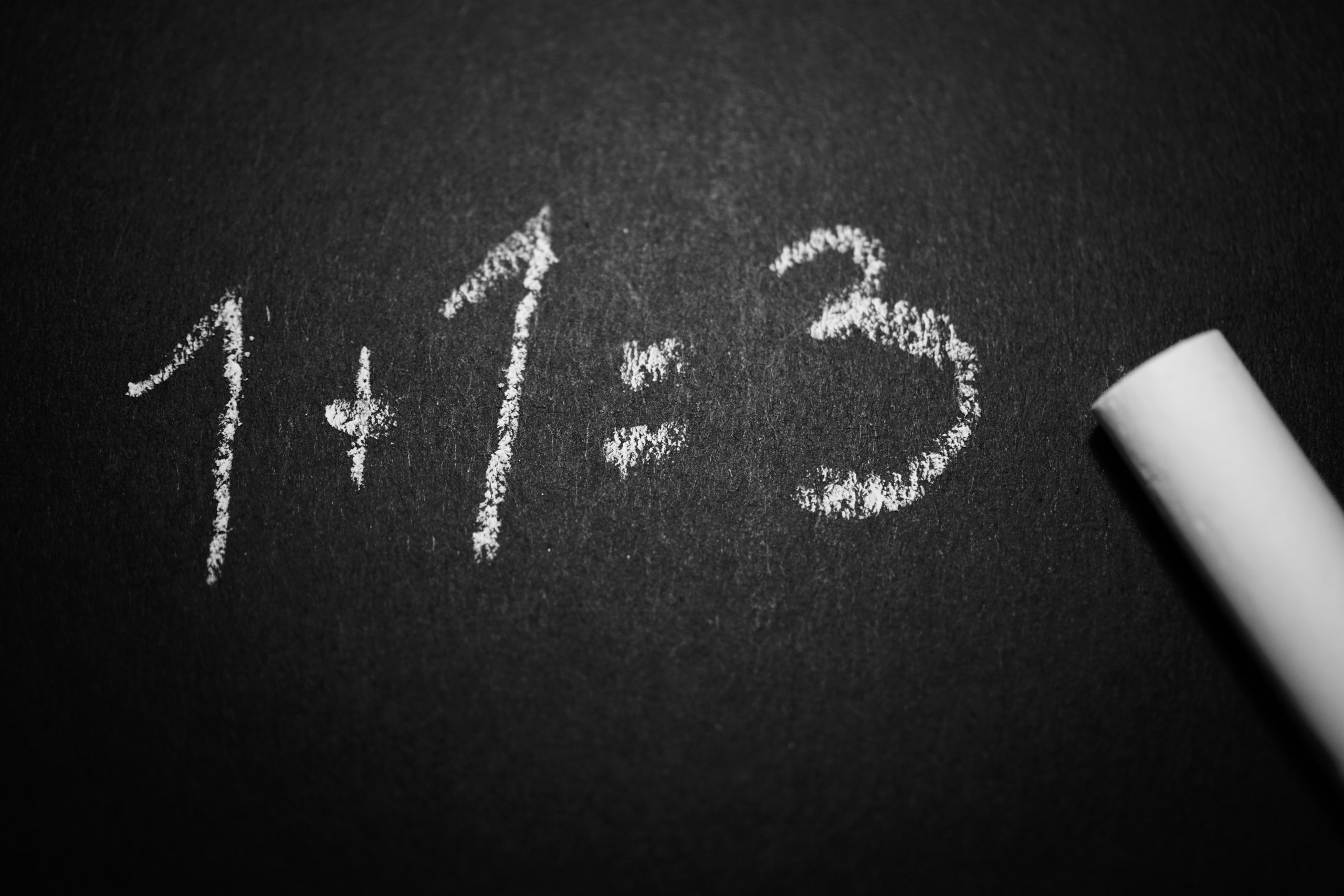Comparison of Age Calculation System in Korea and other Countries
In Korea, the age calculation system is based on a combination of the traditional lunar calendar and the modern Western calendar, resulting in a unique method of calculating age. In this blog post, we will compare the Korean age calculation system to the age calculation systems used in other countries.
Age Calculation System in Korea
The Korean age calculation system is based on both the lunar calendar and the modern Western calendar. In the past, the lunar calendar was used to determine a person’s age. According to this system, everyone was considered to be one year old at birth, and they would gain another year on the first day of the lunar new year. However, with the adoption of the Gregorian calendar in Korea in 1895, the way that age was calculated changed.
Under the current system, a person is considered to be one year old at birth, and they gain another year on January 1st of the following year. This means that a person born in December will be considered to be two years old in Korea, while they would only be one year old in a Western chronological age reckoning system.
For example, everyone born in the same year is considered to be the same age in Korea, regardless of their actual birthdate. Additionally, a person’s age is often considered to be an important part of their identity in Korean culture, and it is common for people to ask about a person’s age when they first meet.
Age Calculation Systems in Other Countries
In the United States, age is calculated based on the Gregorian calendar, with a person being considered one year old at birth and gaining another year on their birthday.
Similarly, in China, a person’s age is determined by the lunar calendar, with each person being considered one year old at birth and gaining another year on the Chinese New Year. In Japan, a person’s age is also calculated based on the Western calendar, but their age is incremented on January 1st, rather than on their birthday.The importance of the lunar calendar in many Asian cultures has played a significant role in the development of age calculation systems based on lunar cycles. Overall, this section will provide an interesting comparison of different age calculation systems used around the world, highlighting the unique cultural factors that have influenced their development.

Comparison of Age Calculation Systems
The first factor to consider is the basis for age calculation. As previously mentioned, the Korean age calculation system is based on both the lunar calendar and the Western calendar, while the age calculation system in the United States is based solely on the Gregorian calendar. Japan’s Age Calculation System is also based on the Gregorian calendar, but everyone turns one year older on January 1st, regardless of their actual birthdate.
The second factor to consider is the increments used to determine age. In Korea, a person adds one year to their age on the first day of the lunar new year. In contrast, in the United States, a person adds one year to their age on their birthday each year. In Japan, everyone turns one year older on January 1st, regardless of their actual birthdate.
The third factor to consider is the cultural and societal factors that have influenced the development of each system. For example, in Korea, the age calculation system is heavily influenced by Confucianism, which emphasizes respect for elders and hierarchy within society. In Japan, age is considered a sign of maturity and responsibility, and the age calculation system reflects this cultural value. In the United States, individualism and personal autonomy are highly valued, and the age calculation system reflects this by emphasizing individual birthdays.
Conclusion:
In conclusion, the age calculation systems used in different countries reflect the unique cultural and historical factors that shape those societies. While the Korean Age Calculation System is based on a combination of lunar and Western calendars, other countries use different methods such as chronological age reckoning or age reckoning based on the lunar cycle you can also calculate your age through our free online Korean Age Calculator. Each system has its own strengths and weaknesses in terms of cultural significance, practicality, and efficiency. By understanding the similarities and differences between age calculation systems, we can gain a deeper appreciation of the diverse ways in which societies measure and value age.

